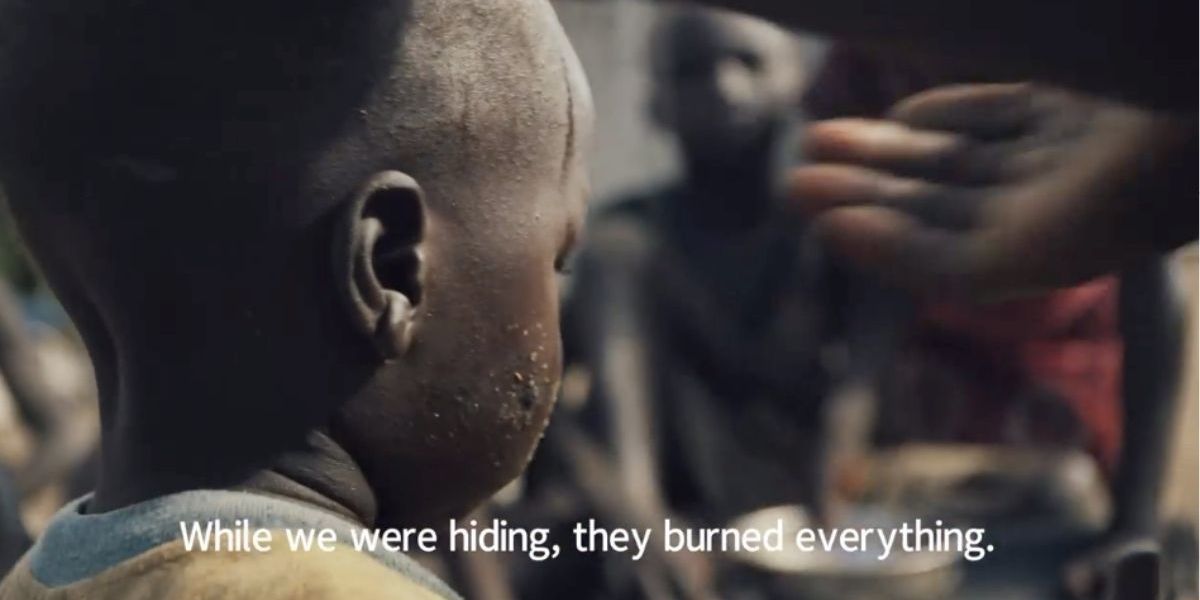
Editor’s Note: Over the past year Upworthy’s parent company was a proud partner with the WFP using our platform to share stories of their fight against hunger around the world.
Out of 318 candidates, including youth climate activist Greta Thunberg and President Donald Trump, the Nobel Peace Prize for 2020 has been awarded to the World Food Programme (WFP) “for its efforts to combat hunger, for its contribution to bettering conditions for peace in conflict-affected areas and for acting as a driving force in efforts to prevent the use of hunger as a weapon of war and conflict.”
Having written about the work of WFP for Upworthy, this news warmed my heart. From researching WFP’s efforts to battle gender inequality with food security to reading their educational materials on how climate change impacts hunger and causes forced migration, I was blown away by the broad scope of what they do. As I dug in further and saw the various informational videos put together by my colleagues, the clearer it became that tackling hunger totally requires that kind of scope. Hunger is a multifaceted issue that impacts everything—including war and conflict—and our world will never be at peace if this most fundamental need is not being met for millions.
The World Food Programme is the largest organization addressing hunger and food insecurity in the world. According to the Nobel committee press release, “the WFP provided assistance to close to 100 million people in 88 countries who are victims of acute food insecurity and hunger” in 2019. The committee pointed out that there has been an increase in acute hunger in recent years, with most of that increase being caused by war and armed conflict.
And of course, the pandemic is only making things worse.
The Nobel committee says that they want this award “to turn the eyes of the world towards the millions of people who suffer from or face the threat of hunger.” They also point to the need for supporting organizations like WFP financially, making the direct connection between hunger and conflict:
“The world is in danger of experiencing a hunger crisis of inconceivable proportions if the World Food Programme and other food assistance organisations do not receive the financial support they have requested.
The link between hunger and armed conflict is a vicious circle: war and conflict can cause food insecurity and hunger, just as hunger and food insecurity can cause latent conflicts to flare up and trigger the use of violence. We will never achieve the goal of zero hunger unless we also put an end to war and armed conflict.
The Norwegian Nobel Committee wishes to emphasise that providing assistance to increase food security not only prevents hunger, but can also help to improve prospects for stability and peace.”
While every sincere effort to create peace deserves praise, peacemaking is a far more complex endeavor than signing pieces of paper. Addressing the root causes of war and conflict, understanding the connections between the various challenges facing humanity, and making sure people have what they need so they don’t have to fight for survival are all necessary components of creating a peaceful world for all.
Congratulations to World Food Programme for this well-deserved honor. Hopefully this prestigious recognition will lead more people to explore the issues of hunger and food security and support programs and solutions that are proving to be successful.
Learn more about the work of the World Food Programme at wfp.org and wfpusa.org.
